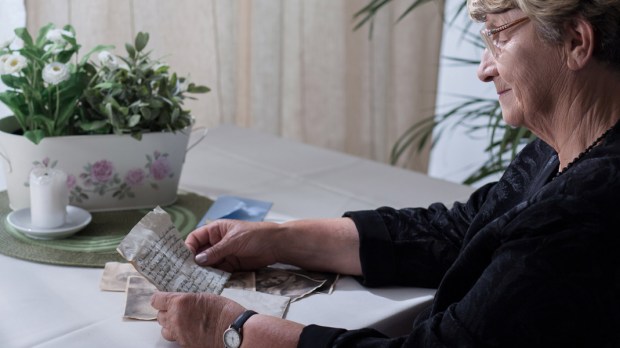Some believe that going over the past is a waste of time, and what matters is concentrating on the present. Often, this reasoning is born from fear of the pain we may feel when we remember the past. But fleeing into the future can cause precisely the opposite effect and cause us to be unhappy in the present moment.
There’s no doubt that the past no longer exists, but for better or worse, we are who we are today because of our past. All the decisions we’ve made, every path we’ve taken or left behind, and every experience we’ve lived has made us the person we are. Some situations have taught us important lessons, but it’s likely others have hurt us and continue to condition our behaviors, although we might not be fully aware of it. This is because our brain holds onto our emotional experiences.
The past is still present as long as we haven’t healed our emotional wounds.
It’s true that we can’t change the past. Many of the decisions we’ve made are irrevocable, and we can’t erase our past experiences. Nonetheless, we can change our perspective on those things so they no longer harm us, and above all, so we can stop them becoming an obstacle that keeps us from moving forward.
In some cases, when we feel like a situation is overwhelming, it’s because we’re simply unable to accept it, and the memory of that situation continues to create negative emotions that condition our relationships with others, or even with ourselves, creating problems of low self-esteem and feelings of resentment.
How can we heal the past, so it stops hurting us?
The important thing is to heal the past, identifying the traumatic experiences or long-held beliefs that are damaging our lives. The main objective of this kind of therapy is — in the safe context of an appointment with a good therapist — to work with the memories hidden in our brain of the experiences that are limiting us in the present, consciously or unconsciously, so that we can accept them, from both a rational and emotional perspective. In this way, they will stop limiting our future.
Remember that what matters isn’t so much what happened as it is how we let it influence us now. The past no longer exists; what remains is the memory impressed upon our mind, which—thanks to recent scientific research—we know is never completely trustworthy.
The solution isn’t to erase an event from our mind, but to integrate it into our lives in a different way—one that doesn’t hurt us. Just as our body grows scars over wounds so they won’t hurt us anymore, so also our brain allows us to “re-process” emotional suffering, giving us a new meaning to the events.

Read more:
3 Steps to putting the past behind you once and for all

Read more:
How to tell if memories are preventing you from moving forward

